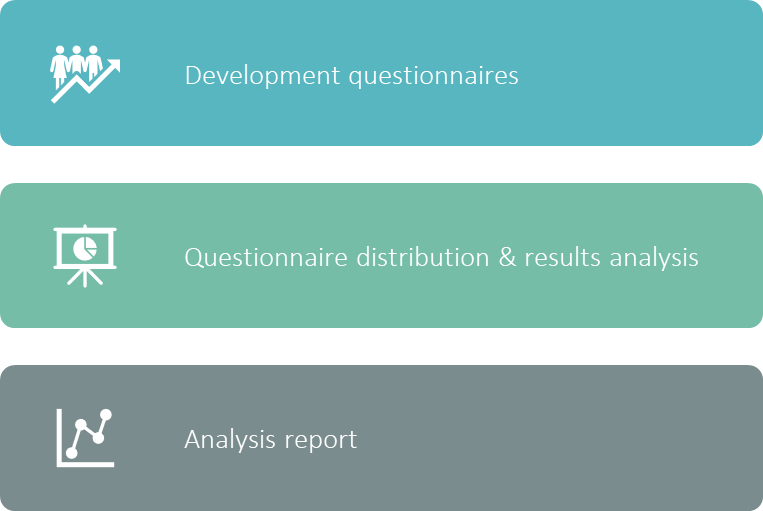ODISSeA Project started with the Diagnosis Study, conducted among Southeast Asian (SeA) Universities in order to identify the specific educational needs, and measure perception and attitude on organ donation among university personnel, faculty members & potential postgraduate trainees.
The diagnosis study focused on:
- Existing educational programmes on organ donation
- Internet access, computer facilities and digital literacy
- Topics of interest in organ donation
- Technical and non-technical competencies in organ donation
- Attitude and perception on organ donation

The results of the diagnosis study have been considered in the PPOD curriculum and instructional design phase to meet the needs identified and align the contents, activities and resources created with the competencies to be achieved.
Some of the main conclusions include the following:
Both trainers and trainees defined organ donation as respectful (84.85% vs 77.01%) and positive (78.79% vs 64.37%) and reported a positive attitude about donation after death (80% vs 90.9%).
Out of responses received (n=145) 8% were university personnel, 24% trainers and 68% trainees. Data showed scarcity of training in organ donation in SeA countries, with 6.25% at University level. Comparing self-assessment results among trainers (n=33) and trainees (n=86) in technical competencies (n=21), 37% vs 54% scored poor to average while 30% vs 20% scored very good to excellent. The overall average score was 2.91 ± 0.39 SD vs 2.49 ± 0.31 SD respectively.
In the group of non-technical competencies (n=18), 19% vs 35% scored poor to average while 49% vs 25% scored very good to excellent. The overall average score was 3.43 ± 0.67 SD vs 2.83 ± 0.48 SD respectively.
You may download the full Diagnosis study report here.
